Honoring Black History Month 2022
During the month of February, we celebrate the many accomplishments of Black Americans and look closely at the often-ignored impact of Black history in our nation. Since 1976, this month has meant a time for reflection and acknowledging the legacy of injustice perpetuated at the expense of Black lives. This year’s theme is, Black Health and Wellness, “[which] acknowledges the legacy of not only Black scholars and medical practitioners in Western medicine, but also other ways of knowing (e.g., birth workers, doulas, midwives, naturopaths, herbalists, etc.) throughout the African Diaspora.
This year, Common Ground Committee seeks to highlight influential Black leaders who have agreed to tell us their stories. Below you’ll find a list of those leaders and accompanying content we’re proud to produce and share:
Caroline Randall Williams
 Caroline Randall Williams is an award-winning poet, young adult novelist, and cookbook author as well as an activist, public intellectual, performance artist, and scholar. She joined the faculty of Vanderbilt University in the Fall of 2019 as a Writer-in-Residence in Medicine, Health, and Society.
Caroline Randall Williams is an award-winning poet, young adult novelist, and cookbook author as well as an activist, public intellectual, performance artist, and scholar. She joined the faculty of Vanderbilt University in the Fall of 2019 as a Writer-in-Residence in Medicine, Health, and Society.
If you want to listen:
- Williams agreed to join us and share her thoughts and stories on two of our podcasts, Monuments & Marriage: The Most Personal Lessons About Race and My Body Is A Confederate Monument. She is also featured in our newest special podcast episode, Black History Month: Achievements, Change And Justice
“I’m a living intersection of Black Southern narrative and white Southern narrative. I have to have common ground because I do come from both.”
– Caroline Randall Williams
Daryl Davis
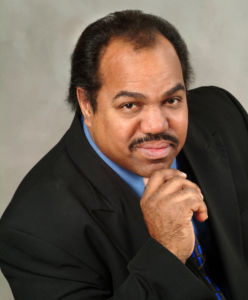 Daryl Davis is an award-winning musician with a degree in Jazz. He was the first Black author to interview KKK leaders and members, detailed in his book, Klan-Destine Relationships. He is a race reconciliator and lecturer, has received numerous awards and is often sought out by news outlets as a consultant on race relations and white supremacy.
Daryl Davis is an award-winning musician with a degree in Jazz. He was the first Black author to interview KKK leaders and members, detailed in his book, Klan-Destine Relationships. He is a race reconciliator and lecturer, has received numerous awards and is often sought out by news outlets as a consultant on race relations and white supremacy.
If you want to listen:
- You can hear from Davis in our podcasts, How To Take Direct Action Against Hate and KKKrossing The Divide: A Black Man Talks With White Supremacists
If you want to watch:
- Davis also agreed to join us for our most recent virtual event, Turning Racism & Extremism To Hope And Healing. This event centers around how we can take measures to combat hate in America and premiered live in June 2021. You can visit our Common Ground Conversations, Healing Racism & Extremism for more information on this event, download your free discussion guide, watch videos of the event, and more
“Ignorance breeds fear. We fear the things that we don’t understand. If that fear is not addressed and resolved, that fear will escalate to hatred because we hate the things that frighten us.”
– Daryl Davis
Hawk Newsome
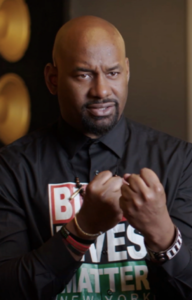 Hawk Newsome is a political activist working at the forefront of the New Civil Rights Movement and the co-founder and chairperson of Black Lives Matter Greater New York. He is also a former candidate for the New York City Council and former Special Projects Coordinator at the Bronx County Office of the District Attorney.
Hawk Newsome is a political activist working at the forefront of the New Civil Rights Movement and the co-founder and chairperson of Black Lives Matter Greater New York. He is also a former candidate for the New York City Council and former Special Projects Coordinator at the Bronx County Office of the District Attorney.
If you want to listen:
- Newsome was able to join us for our podcast, The Case For Black Lives Matter. He is also featured on our special Black History Month: Achievements, Change And Justice podcast, released earlier this month
“I would love to sit down with poor white folk in rural settings across America and talk to them about classism…and then we could sit back and come to the conclusion that it is the 1% and the people that they hire to represent them… I’m sorry, the government, who are keeping us pitted against each other.”
– Hawk Newsome
Dr. Brian Williams
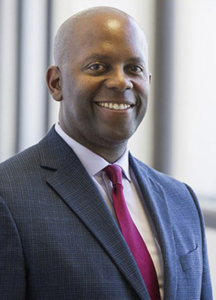 Dr. Brian Williams is an Associate Professor of Trauma and Acute Care Surgery at the University of Chicago. He is a renowned keynote speaker, the Vice-Chair of the One America Movement, a guest opinion writer featured in the Chicago Tribune and Dallas Morning News, and hosts the podcast Race, Violence & Medicine. Back in 2016, Dr. Brian Williams led the trauma team that treated police officers ambushed by a sniper on July 7, 2016 – the largest loss of life for US law enforcement since 9/11.
Dr. Brian Williams is an Associate Professor of Trauma and Acute Care Surgery at the University of Chicago. He is a renowned keynote speaker, the Vice-Chair of the One America Movement, a guest opinion writer featured in the Chicago Tribune and Dallas Morning News, and hosts the podcast Race, Violence & Medicine. Back in 2016, Dr. Brian Williams led the trauma team that treated police officers ambushed by a sniper on July 7, 2016 – the largest loss of life for US law enforcement since 9/11.
If you want to listen:
- Williams spoke on our, What Racism Means To Me podcast episode and is featured in our special, Black History Month: Achievements, Change And Justice
“The lack of understanding of the history of policing in this country and how it has meant to isolate and control Black Americans…is a problem.”
– Brian Williams, MD.
Professor Ilyasah Shabazz
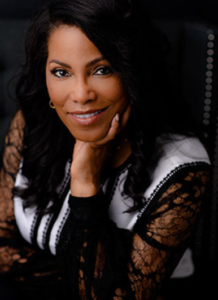 Professor Ilyasah Shabazz is an author, artist, mentor, and implementer of cultural and community outreach initiatives, serving diverse populations. She promotes higher education for at-risk youth, interfaith dialogue to build bridges between cultures for young leaders of the world, and participates in international humanitarian delegations. She is the daughter of Dr. Betty Shabazz and Malcolm X.
Professor Ilyasah Shabazz is an author, artist, mentor, and implementer of cultural and community outreach initiatives, serving diverse populations. She promotes higher education for at-risk youth, interfaith dialogue to build bridges between cultures for young leaders of the world, and participates in international humanitarian delegations. She is the daughter of Dr. Betty Shabazz and Malcolm X.
If you want to listen:
- Professor Shabazz agreed to join us for our, What Racism Means To Me podcast episode and is featured in our special Black History Month: Achievements, Change And Justice
“If we’re taught hate, we’re never going to solve any problems.”
– Professor Ilyasah Shabazz
Sheriff Errol D. Toulon, Jr.
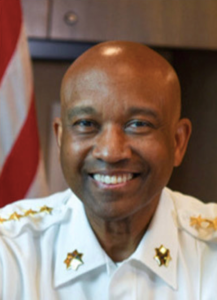 Sheriff Errol D. Toulon, Jr. is the 67th Sheriff of Suffolk County, New York and is the first Black American to be elected to a non-judicial countywide office. He has more than 30 years of criminal-justice experience centered upon corrections intelligence and combating gang violence. Prior to serving as Suffolk County Sheriff, he worked for the New York City Department of Correction.
Sheriff Errol D. Toulon, Jr. is the 67th Sheriff of Suffolk County, New York and is the first Black American to be elected to a non-judicial countywide office. He has more than 30 years of criminal-justice experience centered upon corrections intelligence and combating gang violence. Prior to serving as Suffolk County Sheriff, he worked for the New York City Department of Correction.
If you want to listen:
- You can hear from Sheriff Toulon on our podcast episodes, Learning From An Interracial Couple In A Time of Racial Awakening, Monuments and Marriage: The Most Personal Lessons About Race, and our most-recent special episode, Black History Month: Achievements, Change And Justice
“When I realized that I was going to win [the election for Sheriff], several people informed me that I’m not only the first African-American to be elected to Sheriff but the first African-American to be elected to a county-wide position in Nassau or Suffolk county…history.”
– Sheriff Toulon
Donna Brazile
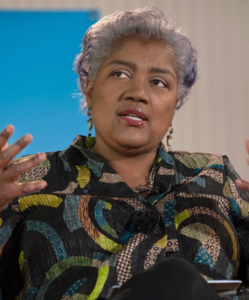 Donna Brazile is an adjunct professor, author, syndicated columnist, television political commentator, Vice Chair of Voter Registration and Participation at the Democratic National Committee, and former interim National Chair of the Democratic National Committee as well as the former chair of the DNC’s Voting Rights Institute.
Donna Brazile is an adjunct professor, author, syndicated columnist, television political commentator, Vice Chair of Voter Registration and Participation at the Democratic National Committee, and former interim National Chair of the Democratic National Committee as well as the former chair of the DNC’s Voting Rights Institute.
If you want to listen:
- Brazile is featured in our latest special podcast episode, Black History Month: Achievements, Change And Justice
If you want to watch:
- In 2018, Brazile agreed to join us for a public forum, Finding Common Ground On Government’s Role In Bridging Racial Divides
“We have to get to a place where we can foster civility in our conversation.”
– Donna Brazile
Maya Wiley
 Maya Wiley is a former candidate for New York City mayor. She is a nationally renowned expert on racial justice and equity. She has litigated, lobbied the U.S. Congress, and developed programs to transform structural racism in the U.S. and in South Africa. She previously served as the Senior Vice President for Social Justice at the New School University and the Henry Cohen Professor of Public and Urban Policy at The New School’s Milano School of Management, Policy & Environment.
Maya Wiley is a former candidate for New York City mayor. She is a nationally renowned expert on racial justice and equity. She has litigated, lobbied the U.S. Congress, and developed programs to transform structural racism in the U.S. and in South Africa. She previously served as the Senior Vice President for Social Justice at the New School University and the Henry Cohen Professor of Public and Urban Policy at The New School’s Milano School of Management, Policy & Environment.
If you want to listen:
- Wiley joined us for our podcast, Reforming The Police
“We do live in a violent society. That is a violent society born out of slavery and racism and genocide against Native Americans. In the context of today, the violence that we’re seeing in communities of color are absolutely driving a policing focused on containment and control of entire communities because of the color of the skin of the people who live there.”
– Maya Wiley
Condoleezza Rice
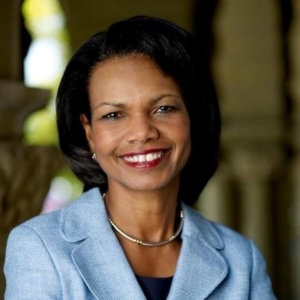 Condoleezza Rice is an American diplomat, political scientist, civil servant, and professor. She is currently the Denning Professor in Global Business and the Economy at the Stanford Graduate School of Business. From 2005 to 2009, she served as the 66th Secretary of State of the United States, the first Black woman to have held this post.
Condoleezza Rice is an American diplomat, political scientist, civil servant, and professor. She is currently the Denning Professor in Global Business and the Economy at the Stanford Graduate School of Business. From 2005 to 2009, she served as the 66th Secretary of State of the United States, the first Black woman to have held this post.
If you want to watch:
- Rice was able to speak at our event in 2019, Finding Common Ground On America’s Role In The World
“When you are in the business, as an individual citizen, of helping other individual citizens, that is actually the highest form of democracy.”
– Condoleezza Rice
Michael Steele
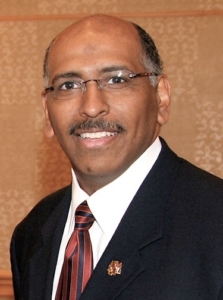 Michael Steele is an author, political commentator, and attorney. Steele made history when he was the first Black American to be elected as the seventh lieutenant governor of Maryland. In 2009, he was chosen to serve as the Republican National Committee chairperson. He is currently a political analyst for MSNBC and his writings on law, business and politics have appeared in The Wall Street Journal, The Washington Times, Politico.com, and The Journal of International Security Affairs, among others.
Michael Steele is an author, political commentator, and attorney. Steele made history when he was the first Black American to be elected as the seventh lieutenant governor of Maryland. In 2009, he was chosen to serve as the Republican National Committee chairperson. He is currently a political analyst for MSNBC and his writings on law, business and politics have appeared in The Wall Street Journal, The Washington Times, Politico.com, and The Journal of International Security Affairs, among others.
If you want to listen:
- Steele is featured in our latest special podcast episode, Black History Month: Achievements, Change And Justice
If you want to watch:
- In 2018, Steele agreed to join us for a public forum, Finding Common Ground On Government’s Role In Bridging Racial Divides
“While the civil rights march continues and while there’s been a lot of ground covered, there are a whole lot of folks who got off that road or never got on that road who are still teaching that bad behavior to the next generation.”
– Michael Steele
Common Ground Committee is committed to providing tools to encourage productive conversations on today’s key issues. Visit our portal, Bridging Racial Divides where you can find a custom news feed on the latest stories about racial issues in America, and an array of video, blog, and podcast content. We hope that hearing from and watching these prominent guests gives you the courage to tackle difficult interactions with others. Going forward, our team plans to continue amplifying the voices of Black Americans standing up and fighting against hate in the nation.




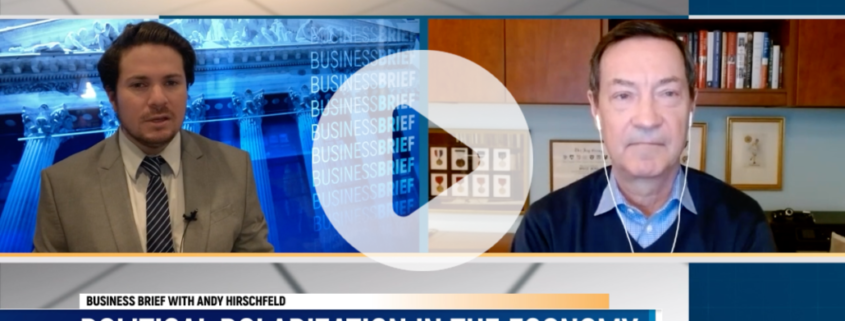






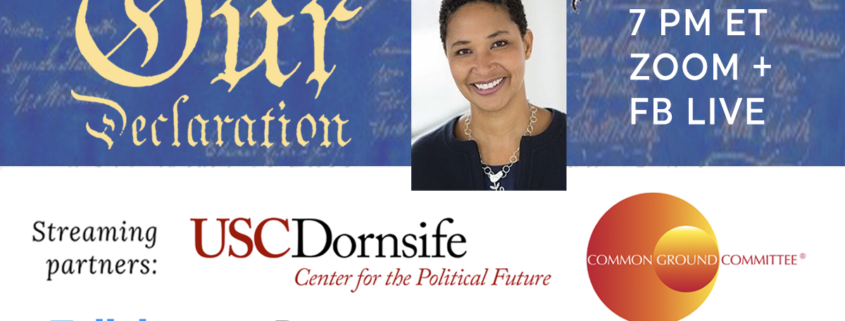
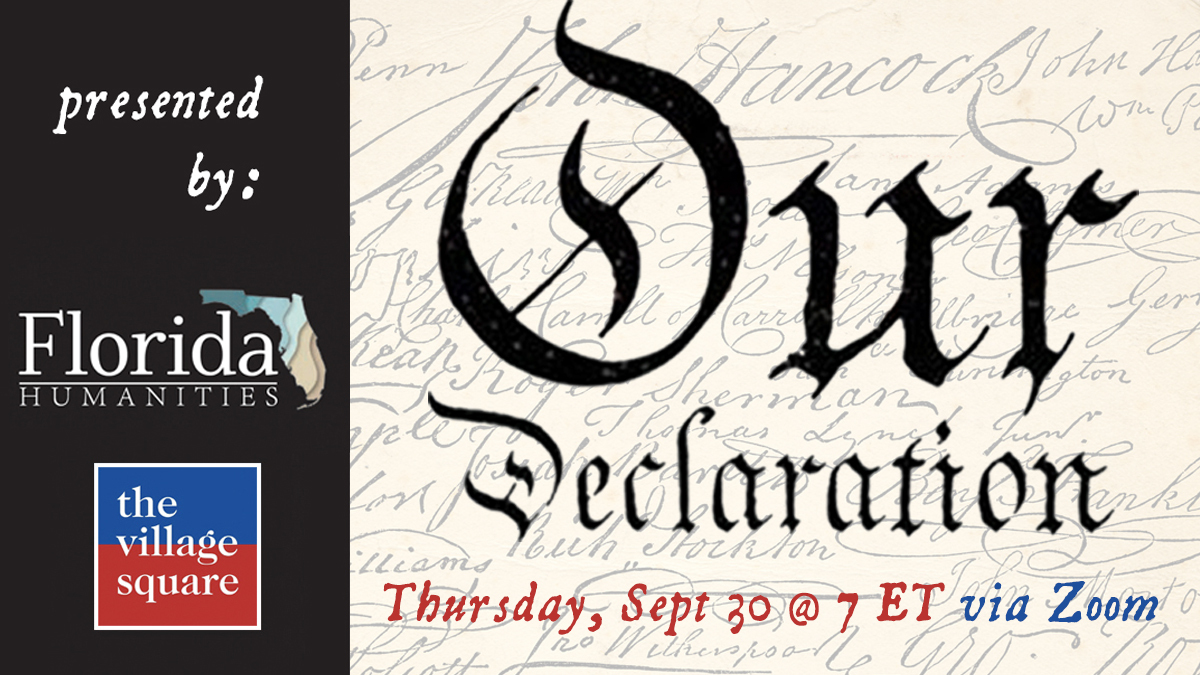
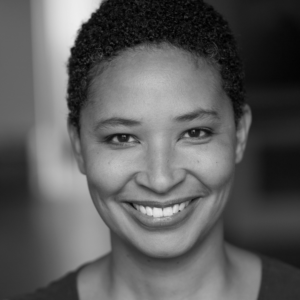 Common Ground Committee is partnering with
Common Ground Committee is partnering with 

